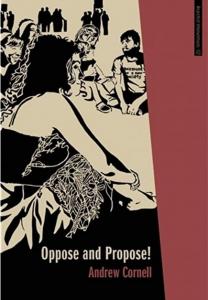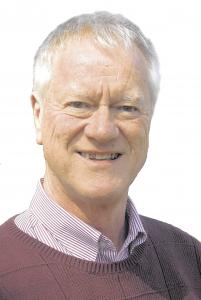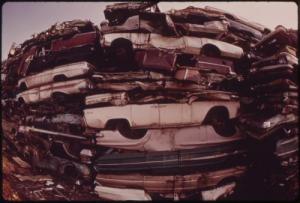Consensus decision-making has become dominant in activist circles. Not everyone practises it, but almost everyone wants to be using it, or to lay some claim to be using it. Among some folk, consensus decision-making has become not only an essential part of social change, but a pre-condition of working in a group.
We discovered in earlier segments of this interview (PN 2544 and 2545), that US activist and trainer George Lakey was one of the people who helped spread the ‘affinity-group-…







